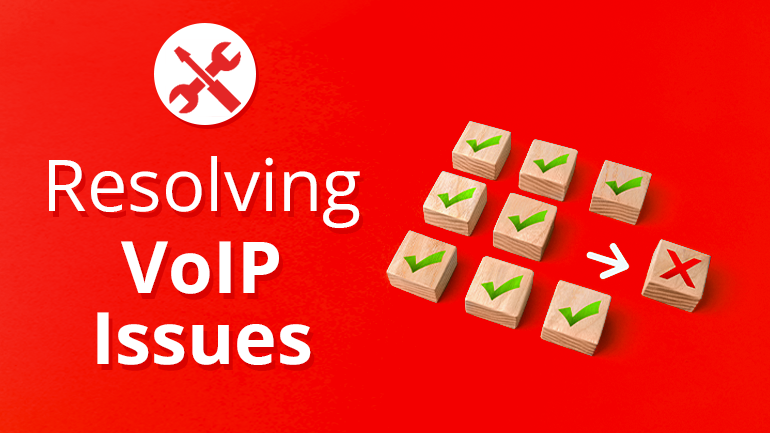Remote work and digital nomadism are booming, and VoIP keeps globetrotting professionals connected. This article explores how VoIP offers cost-effective, flexible calling and a variety of features like video conferencing and instant messaging. Popular tools like Zoom, Skype, and WhatsApp are explored, highlighting their strengths for travellers and remote workers. The article concludes by emphasizing how VoIP empowers seamless communication and collaboration from anywhere in the world.
To maximize VoIP benefits, employees need effective training. Start with basics like VoIP functionality and terminology. Combat resistance by highlighting advantages. Offer tailored materials and hands-on sessions. Emphasize key features like conferencing and call forwarding. Foster integration skills and discuss best practices. Address common issues and role-specific needs. Continuous learning ensures ongoing proficiency and boosts organizational efficiency.
Our digital age thrives on devices, but discards them at an alarming rate. This “telecom waste” – phones, laptops, routers – raises ethical concerns beyond just pollution. This article explores the environmental and social issues linked to telecom waste, and proposes solutions for a more sustainable future.
Choosing a VoIP provider requires understanding your business needs. Compare providers based on reviews, pricing, call quality, features, and scalability. Look for bundled calling options, mobile apps, voicemail features, call forwarding, and auto-attendants. Ensure the provider offers integrations with your business tools and guarantees reliable service with strong security measures.
VoIP offers significant cost savings for businesses by reducing infrastructure, call, and maintenance expenses. It also improves efficiency with features like voicemail-to-email and video conferencing, all at a minimal cost. Additionally, VoIP is highly scalable and easy to expand, making it ideal for growing businesses.
AI and Machine Learning (ML) are transforming VoIP, enhancing communication efficiency and cost-effectiveness. This integration offers features like real-time call quality optimization, personalized user experiences, and advanced IVR systems. AI-powered analytics unlock valuable insights and improve security. The future holds seamless IoT connectivity and a redefined way we connect through VoIP.
Robocalls and scam calls plague phone users, causing financial loss, identity theft, and emotional distress. These deceptive tactics exploit advancements in technology. Fortunately, individuals can fight back with call blocking apps, Do Not Call lists, and authentication technology. By working together, we can reduce the impact of robocalls and scam calls.
VoIP offers businesses communication advantages, but reliability is crucial. The article explores common issues like bandwidth constraints, latency, and security vulnerabilities. It provides solutions like QoS, firewalls, and UPS systems to ensure a smooth VoIP experience for businesses.
VoIP adoption offers transformative benefits, yet challenges loom. Selecting a reliable provider is paramount, demanding thorough research on reputation, features, and support. Compatibility, call quality, scalability, and network readiness necessitate meticulous planning. Security, emergency services, cost management, compliance, number portability, and employee readiness further demand attention. Successful migration hinges on strategic planning and informed decision-making.
In the dynamic realm of modern business, connectivity is no longer a luxury but a vital necessity. With 5G and VoIP technologies leading the charge, a profound revolution is underway in telecommunications. This article delves into the synergy between 5G’s lightning-fast connectivity and VoIP’s versatile communication, poised to redefine business interactions.













